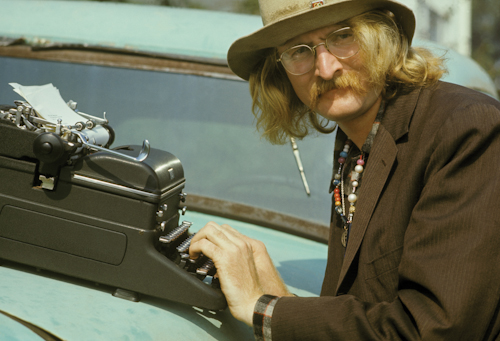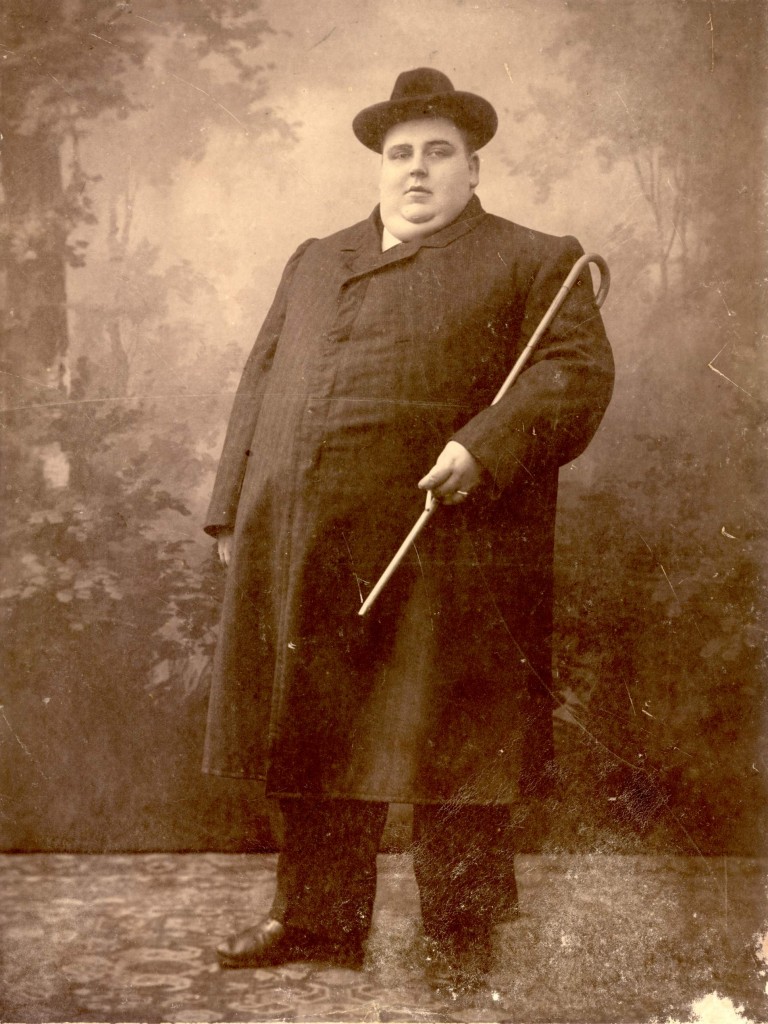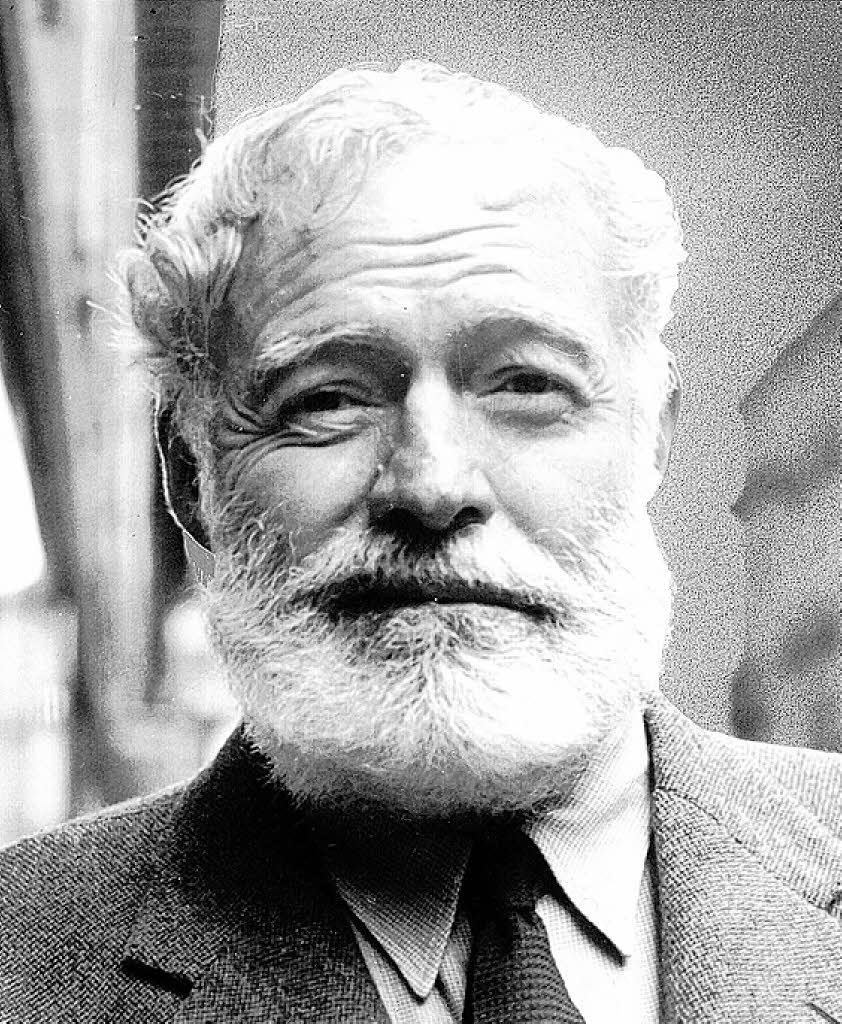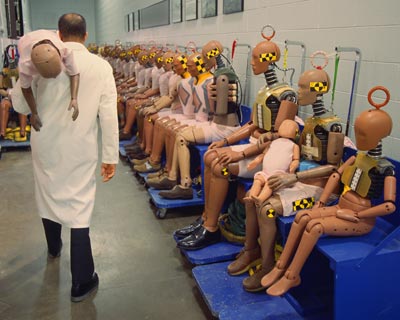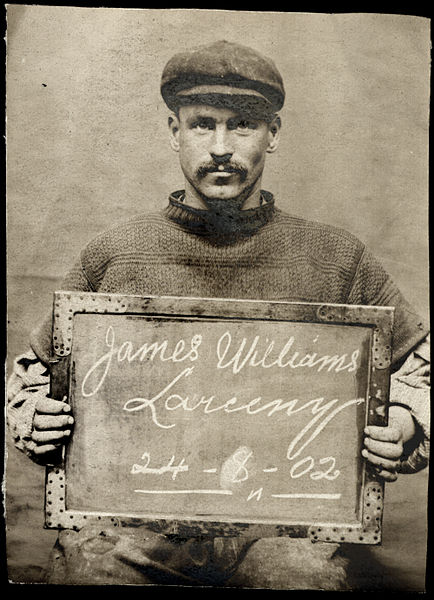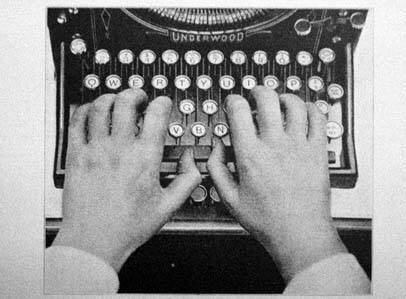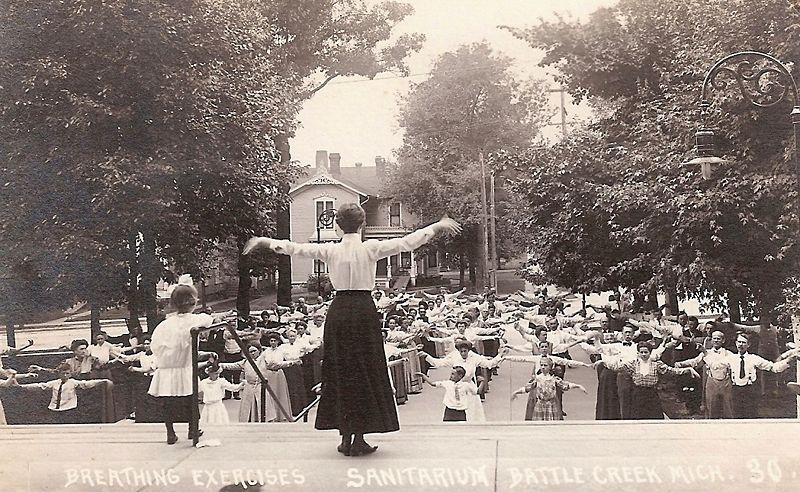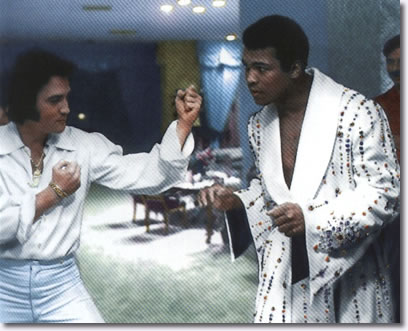
“She was a withered old hag of singular presence, being nearly 6 feet 9 inches in height and exceedingly slim.”
This deeply insulting and jaw-dropping article about the disappearance and death of the matriarch of family named De Groat, which appeared in the November 29, 1880 edition of the New York Times, may be the single craziest thing to ever appear in the paper. The opening:
“Mongaup Valley; Sullivan County, N.Y.–Three hunters from the western part of Sullivan County were in town to-day, and reported the finding of the body of an old woman who had been missing from the neighborhood of Mongaup Valley since the first week in November. Her death was a tragic one, and was a fitting end to a strange life. Her name was Margaret Conkling, and she was known throughout the county as ‘Old Mag.’ She belonged to a large family of half-savage people known as the ‘De Groats,” the ‘Hinkses,’ the ‘Henions,’ and the ‘Conklings.’ This family numbers about 375 men, women, and children, and a more degraded set of persons it would be difficult to find in the United States. They dwell in small cabins and caves in the wooded hills of Orange and Sullivan Counties, and their living is made principally by stealing, hunting, and fishing. Some of them are expert basket-makers, and, with huge backloads of baskets, they often descend from the mountains to the villages of Sparrowbush, Port Jervis, Monticello, Huguenot, and Cudderbackville, where they dispose of their wares and invest the proceeds in whisky and tobacco. On these trips they plan robberies, and every basket-selling tour is sure to be followed by a raid. They can easily hide themselves in the mountains, and always manage to escape detection. They are of Indian descent, and bear all the facial marks of their ancestors, while their habits are even less decent than those of their savage progenitors. They intermarry exclusively, and no divorce is needed to separate man and wife when they wish to be separated. The result of this is evident in the faces and persons of their children. Many of them are idiotic, some of them are born without ears, some without hands, and there is one singular being, now living in a lonely hut near a pond on the western edge of Sullivan County, that would be an acquisition to Barnum’s show. This object–for it can scarcely be called a person–has neither nose, eyes, nor ears, and only two teeth can be found in its head. Its feet are clubbed, and its hands are more like the fins of a fish than human members. Yet this singular creature lives and seems to enjoy itself. Dave Boyle, a well-known hunter in that section, has seen it eat raw fish, raw potatoes, and raw skunk flesh with evident delight. The mother of this object is a woman 6 feet 7 inches in height, and her husband is her own uncle. The mother has a heavy beard, and the father is a hare-lipped, hunchback dwarf, not quite four feet in height.
Such is the family to which ‘Old Mag’ belonged, and among this savage tribe she was regarded as a sort of queen. She was said by them to be the ‘seventh daughter of a seventh daughter,’ and was therefore thought to be endowed with miraculous powers of curing and fortune-telling. She was a withered old hag of singular presence, being nearly 6 feet 9 inches in height and exceedingly slim. Her skin was yellow, her hair long, black, and coarse, and her chin was covered with a beard about three inches long. She dressed herself in Indian style, and lived alone in her cabin on the shore of Big Pond, just in the edge of a productive cranberry marsh. Here she was visited last Summer by large numbers of New York and Philadelphia people who were spending the Summer in Sullivan County. She told their fortunes and received presents of money from them. ‘Old Mag’ would never allow a human being to sleep in her cabin. not even one of her own tribe, and those of the tribe who visited her always went prepared to sleep out of doors. These family gatherings were the wildest orgies imaginable, and more than one member of the fraternity has been missing after a debauch in some little log cabin in a remote glen or on a bleak mountain.
‘Old Mag’ was last seen alive in the latter part of October. At that time she visited Mongaup Valley and Forestburg, telling fortunes and laying in a stock of tobacco and whisky. She seemed to be as lively as ever. One week after she was seen at the Mongaup Valley Post Office a half-witted young man named Hinks, one of the tribe, appeared and said that ‘Old Mag ain’t no hum no more and mebbe she’s dead.’ A hunter who heard of her disappearance made a trip to her cabin and found it deserted.”


